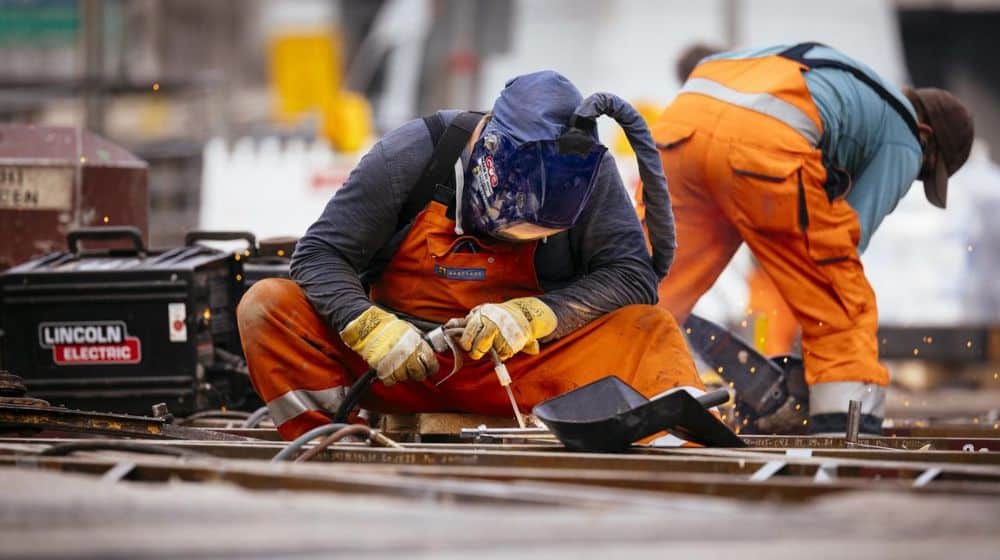The 2023 EURES Report on labor shortages and surpluses in Europe has disclosed that the European labor market is tightening despite slower economic growth. According to the report, 84 percent of occupations faced shortages in one or more countries. The most affected sectors were construction and engineering crafts, healthcare, and ICT, as highlighted by SchengenVisaInfo.
Among the occupations experiencing acute shortages are heavy truck drivers, nursing professionals (including specialists), doctors, electricians, roofers, waiters, and construction laborers. These shortages are not only widespread but also severe, exerting significant pressure on industries and economies alike.
The report emphasized several factors driving this situation, including changes in the economy’s structure, new labor trends and skill requirements, demographic change, and societal developments. Additionally, unattractive working conditions and mismatches between job seekers’ preferences and employers’ offerings contribute to the challenge.

Approximately 40 of the identified shortage professions have been classified as severely impacted by the shortage of available workers.
Overall, the most affected occupations across Europe facing a lack of workers include
- Welders and flame cutters
- Plumbers, pipefitters
- Heavy truck drivers
- Specialist doctors
- Motor mechanics
- Nursing professionals
- Waiters
- Metal, machine setters
- Floor layers, tile settlers
- Heavy truck drivers
- Roofers
- Air conditioning and refrigeration mechanics
- Nursing professionals
- Construction laborers
Persistent shortages in the construction sector were also highlighted in the report, attributed to factors such as the aging population, low employment attractiveness, and skills mismatch. The widespread use of subcontractors, self-employed individuals, and temporary labor exacerbates the situation, creating a market where frequent contract changes increase precariousness and inhibit individuals from entering and remaining in the sector.
Increasing the representation of underrepresented groups, especially women, is suggested as a potential solution to alleviate shortages in the construction industry.
Despite skills mismatches contributing to the shortage of professions, many workers in surplus jobs were highly skilled, indicating that a high level of education does not guarantee good employment opportunities. The report noted that 60 percent of employees in surplus jobs in the EU in 2022 were women, creating a less favorable labor market for women compared to men.




























I m skilled worker I need job